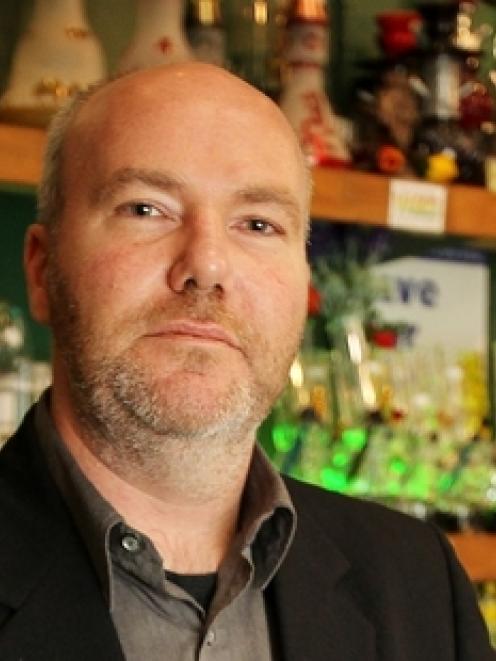
The Hemp Store managing director is challenging the plan, saying it allows a store selling pyschoactive substances to open within only 100m of an existing one in the city centre. He argues this will cause problems for businesses and the area's reputation.
Mr Fowlie is one of 1450 people and groups who will put their views to a council hearings committee from today about proposed restrictions on where the substances can be sold.
Last year, a new law cancelled all permits for selling substances until regulations were developed by the Health Ministry. This is expected around June but councils are working on a Local Approved Product Policy which says where products can be sold, once they gain Government-approved licences as being a low risk.
In 2013, Auckland deputy mayor Penny Hulse said it made no sense to regulate synthetic cannabis without a national "discussion" on legalising alternatives such as cannabis.
Mr Fowlie said if cannabis were made legal, its supply would come under the new Psychoactive Substances Act and the council's policy.
He said the policy would keep legal high stores out of Otara and Manurewa and most of Auckland's west and south by exclusion zones around schools and local shops and vulnerable communities based on social and economic deprivation ratings. However, the proposed policy had separate rules for the central city -- the area inside the waterfront and the motorways -- which was what the council did in its local policy for the sale of alcohol.
"We agree that the CBD should be treated differently because it is the entertainment hub. People come in here at night and weekends to enjoy themselves.
"But we disagree with the concept of exclusion zones based on a social deprivation index, which is not there in the alcohol policy."
Mr Fowlie said the council was trying to satisfy concerns raised by politicians and the Manurewa and Henderson local boards which did not want legal high outlets in their areas.
"This de facto prohibition will have the effect of encouraging alcohol use, 'tinny' shops selling cannabis and people getting into pills and potions.
"It will simply be exporting problems somewhere else, because people will travel across Auckland.
"We will have problematic customers from the rest of Auckland on our doorstep waiting to be served."
Mr Fowlie said the policy would allow outlets to open up at popular beach spots at Takapuna, Mission Bay or St Heliers. A concentration of outlets and problems could be avoided by restricting new city centre outlets to within 250m instead of 100m of an existing outlet.
Heart of the City central manager Tania Loveridge said some members expressed serious concerns about the return of legal highs, recalling aggressive and anti-social behaviour.
But the association was comfortable with a 100m rule because the number of licences was likely to be highly restricted.
Alcohol Health Watch adviser Amy Robinson questioned relaxing controls for this area, including 100m between retail outlets when 500m was proposed elsewhere.
By Wayne Thompson of the New Zealand Herald












